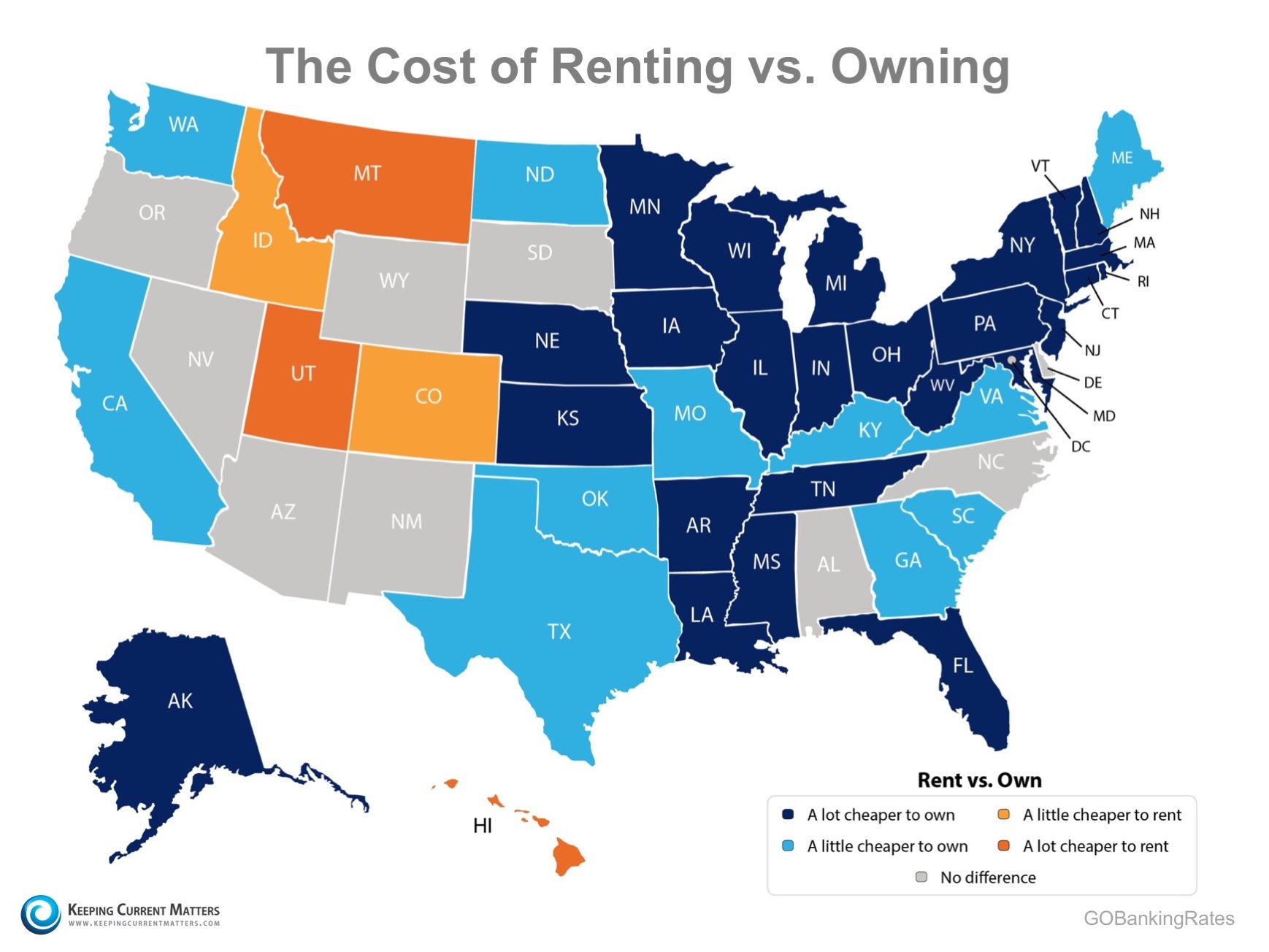There is an ancient legal concept in the law known as "adverse possession." If we go back to our history books, this is also known as "squatters rights."
The theory of the doctrine of adverse possession is that the person who holds or uses property adversely against the rightful owner should ultimately be entitled to clear title. But not every possession of land will turn into fee simple ownership. As the name of the doctrine implies, the possession must be adverse, hostile, actual, notorious, exclusive, continuous and under claim of right.
Needless to say, these sound like highly complex legal concepts, and to some extent they are.
However, in the words of one judge, "the person claiming the property by adverse possession must unfurl his flag on the land and keep it flying so that the owner may see, if he wishes, that an enemy has invaded his domain and planted the flag of conquest."
Thus, the person claiming by adverse possession must do something to alert the true owner that a stranger has taken occupancy.
The first thing any property owner concerned about losing (or gaining) property because of adverse possession should do is to talk to a lawyer. Although the legal concepts for adverse possession are fairly universal throughout the country, different states have different time requirements before adverse possession will kick in. For example, in the District of Columbia, the elements of adverse possession (i.e. open, notorious and hostile use of real property) must have been in existence for a period of 15 years. In the Commonwealth of Virginia, the period of adversity is also 15 years, while in Maryland the law requires 20 years for a successful claim.
It should be noted that these time limitations do not require that the same owner hold the property for the entire length of time. If, for example, owner A has owned the property for 8 years and then sold to owner B, the courts will allow the times to be added together. So long as the current owner of the property can claim that for the statutory period, he or she has met the elements of adverse possession, the Courts will grant title to that portion of property to the adverse claimant. This is called "tacking".
However, a recent case in the District of Columbia has significantly watered down the concept of tacking.
Keep in mind that the burden of proof is on the claimant to meet the tests for adverse possession. In order to actually get title to the land in question, the claimant will have to file a complaint in court in what is known as "an action for quiet title." Needless to say, this is both time-consuming and expensive, and many homeowners -- especially neighbors -- will be reluctant to get involved in a hostile piece of litigation.
The Courts are generally reluctant to remove property from one owner, and will require strict -- and clear -- evidence that all of the various elements of adverse possession have been met.
Thus, if you are a property owner and are concerned that your neighbor may be in the process of claiming a portion of your property, there is one easy way to stop this.
You can avoid your neighbor's successful claim of adverse possession by removing one of the legal elements required for this claim -- namely adversity. Send your neighbor a letter, certified, return receipt requested, telling them that you recognize they are on your land and for a limited period of time you are going to permit them to keep the shed on your property or whatever it is they are doing on your land.. According to one judge, "If the use by me of my neighbor's land is, on its face, permitted by my neighbor as a matter of neighborly accommodation, the use is not adverse or hostile."
Put a copy of the letter and the return receipt among your valuable papers, and periodically -- perhaps every five years -- you may want to renew the permission to your neighbor.
And don't forget to inform your buyers of this arrangement if you ever sell your house.
Source: Realty Times | Benny L. Kass










